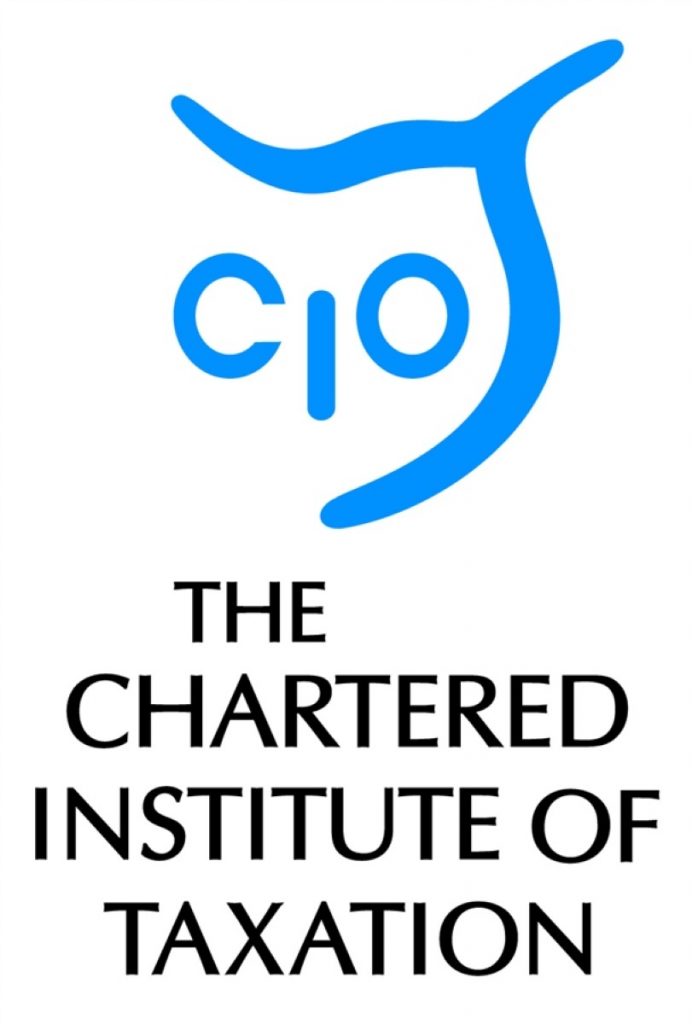CIOT: International tax action plan will be an important step forward
The Chartered Institute of Taxation (CIOT) is keenly anticipating tomorrow’s publication of the OECD's Coordinated Action Plan on Base Erosion and Profit Shifting (BEPS) (1).
The Action Plan is set to be presented to G20 finance ministers at their meeting on July 19-20. It is expected to set out where the OECD’s work in this area has got to and to identify key areas for progressing, including ways for countries to work together to address ‘double non-taxation’. It is anticipated that it will propose the setting up of a number of task forces whose work will be taken forward over a period of up to two and a half years.
Commenting, CIOT spokesperson Patrick Stevens said:
“This Action Plan will be an important step forward in the process of modernising the international tax system.
“It has become increasingly obvious that our international corporate tax system designed for the mid-20th century is not well equipped for dealing with a world of seamless multinationals and internet-based services, which can be delivered globally from pretty much anywhere.
“The system needs to adapt and to do this effectively will require widespread international co-operation. The proposed way forward looks like an unprecedented partnership between the OECD and the G20, bringing in larger emerging economies as well as the developed world. This is what it is likely to take to make meaningful progress in this area.
“It is important to be aware of the strengths of the current system as well as its weaknesses. Transfer pricing based on arms length prices has its difficulties, especially when it comes to measuring what is the correct value which should be attached to intangible assets such as brands. However the underlying principle, that profit should be taxed in the country where it is generated, is a sound one.
“We should also recognise the importance of developed countries helping developing countries improve their ability to collect taxes by helping them develop robust and capable tax authorities, as well as providing broader support for measures to improve governance and strengthen the rule of law.”
Patrick Stevens concluded:
“Progress is unlikely to be quick. It will require hard graft, determination and a painstaking search for consensus. Nevertheless I see a sense of common purpose which gives us an opportunity to modernise the international corporate tax system, rebuilding public confidence in it, while giving nations, taxpayers, businesses and investors the certainty they need to flourish and grow. It is important that we take it.
“The CIOT and tax professionals generally are keen to continue to contribute to this process.”
ENDS
Notes for editors
1. ‘Base Erosion’ in this context refers to the erosion of national corporate tax bases. ‘Profit shifting’ is one of the main ways in which this takes place, through companies managing their financial affairs in a way which increases the share of their profits which is generated in countries with lower tax rates, and decreases or eliminates profits in countries with higher tax.
2. The Chartered Institute of Taxation
The Chartered Institute of Taxation (CIOT) is the leading professional body in the United Kingdom concerned solely with taxation. The CIOT is an educational charity, promoting education and study of the administration and practice of taxation. One of our key aims is to work for a better, more efficient, tax system for all affected by it – taxpayers, their advisers and the authorities. The CIOT’s work covers all aspects of taxation, including direct and indirect taxes and duties. Through our Low Incomes Tax Reform Group (LITRG), the CIOT has a particular focus on improving the tax system, including tax credits and benefits, for the unrepresented taxpayer.
The CIOT draws on our members’ experience in private practice, commerce and industry, government and academia to improve tax administration and propose and explain how tax policy objectives can most effectively be achieved. We also link to, and draw on, similar leading professional tax bodies in other countries. The CIOT’s comments and recommendations on tax issues are made in line with our charitable objectives: we are politically neutral in our work.
The CIOT’s 16,800 members have the practising title of ‘Chartered Tax Adviser’ and the designatory letters ‘CTA’, to represent the leading tax qualification.
James Knell
External Relations Officer
D: +44 (0)20 7340 2702
Chartered Institute of Taxation
Registered charity number 1037771
www.tax.org.uk
The Association of Taxation Technicians
Registered charity number 803480
Registered company number 2418331
VAT Registration Number 497 5390 90
www.att.org.uk





-01.png)